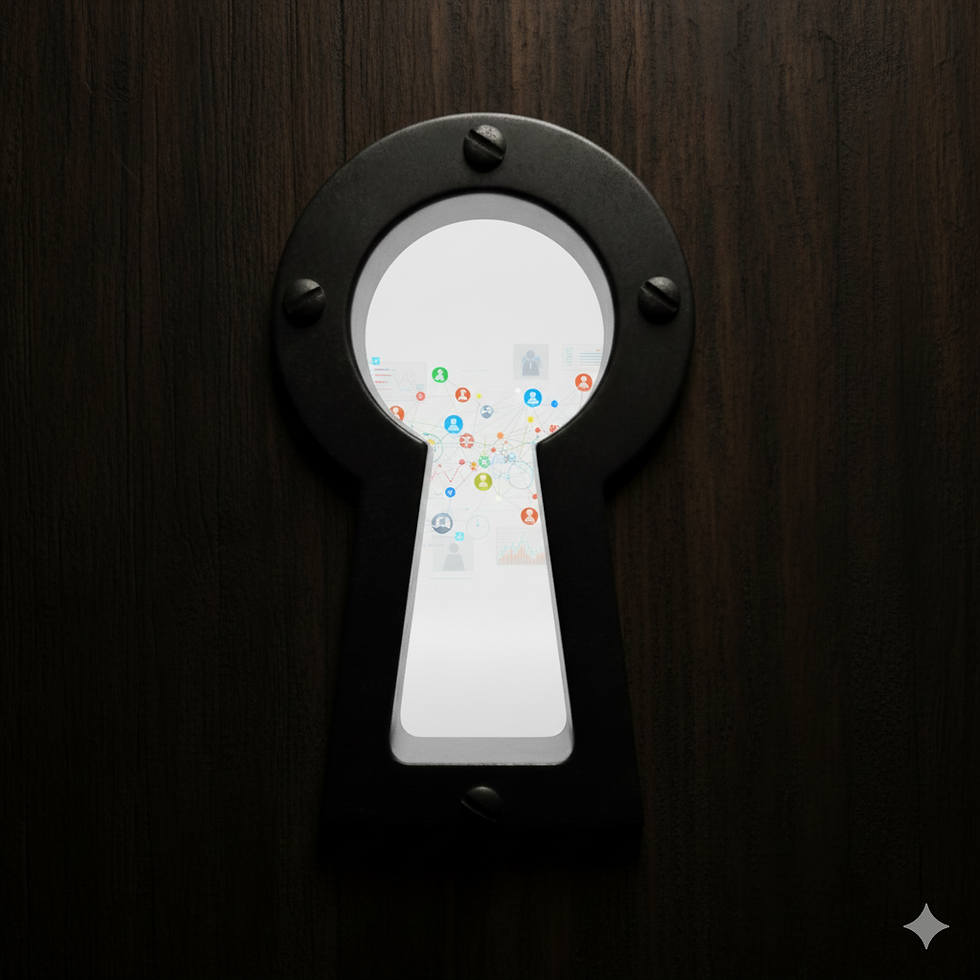
UX INSIGHTS, STAKEHOLDER MANAGEMENT, OBJECTION HANDLING, ADVANTAGES USER RESEARCH
Why User Research Is Essential: The Most Common Objections and How to Refute Them
User research is a hotly debated topic in many companies. Some appreciate its benefits and recognize its value, while others are sceptical and question its necessity. This article takes a closer look at the most common objections to user research and shows why they are often misunderstood. Ultimately, it's about developing products that are not only technically flawless, but also precisely tailored to the needs of users. And this is not only fun, but also has a positive effect on the company's balance sheet!
4
MIN
Sep 5, 2024
"USER RESEARCH COSTS TIME AND MONEY"
It is true that user research requires investment, both in terms of time and resources. However, it is worth looking beyond the horizon.
Long-term time and cost savings
Although user research means additional work at the start of the project, it pays off in the long term. By identifying problems and unmet needs at an early stage, costly adjustments and errors can be avoided that would otherwise only be discovered after the market launch. Investing a little more in the initial phase saves a lot later on - even the most meticulous controller will be pleased!
Increased sales and a competitive advantage
Products that are tailored to the needs of users from the outset not only have a higher level of acceptance, but also generate more sales. When a product hits the nerve of the times and offers exactly what users really want, it often spreads like wildfire on the market.
Risk minimization
Another advantage is risk minimization. Risks identified at an early stage, whether of a technical nature or with regard to regulatory requirements, can be rectified more easily during the development process. This not only saves money, but also nerves.
"IT'S NOT NECESSARY."
"Our products are well received even without user research", some people may think. However, in a world that is constantly changing, this may be true for the moment, but not in the near future.
Adapting to changing markets
In a dynamic world, markets and user needs can change quickly. What works today may be outdated tomorrow. User research helps to identify current trends and needs and adapt products accordingly.
Brand loyalty and customer retention
Satisfied users become loyal customers. If a product delivers exactly what users need, they will not only use it more often, but also recommend it to others. This is the best and most cost-effective advertising imaginable.
"WE ALREADY HAVE DATA ON OUR TARGET GROUP."
But is this data up to date and are you using it to its full potential? Past data is important, but markets and needs change.
Timeliness and depth of data
Existing data is valuable, but it needs to be regularly updated and deepened. Markets and user behavior change, and only through continuous user research can you stay up to date and identify new needs.
"WE DON'T HAVE ENOUGH STAFF AND RESOURCES."
This is a common objection, especially in smaller companies, and one that is completely understandable. But there are solutions!
Prioritization
Focus on the most critical aspects of the project where user research will bring the greatest benefit. It is not necessary to do everything at once. By prioritizing, great success can be achieved even with limited resources.
External support
If internal resources are not sufficient, there is the option of bringing in external experts. Not only do they have the necessary expertise, but they can often also work faster and more efficiently.
Agile development
Integrate user research into the agile development process. Small, iterative research activities allow valuable insights to be gained even with few resources. This keeps the project flexible and the research manageable.
Valuable stakeholder integration
In addition to the research itself, it is important that stakeholders, including product development, marketing and sales, are involved in the user research process. Regular communication and transparent reporting keeps everyone involved informed and ensures that the research results are used effectively to optimize and strengthen the product strategy.
CONCLUSION: USER RESEARCH IS A MUST
User research is not an unnecessary expense, but an investment in the long-term success of a product. The most common objections can be refuted by clear arguments that show that well-conducted user research not only saves money and time, but also increases sales and minimizes risk. If you decide against user research, you may save money in the short term - but you will pay for it in the long term.
So why not do it right from the start?
RELATED ARTICLES YOU MIGHT ENJOY
AUTHOR
Tabea Daunus
Tabea is one of our UX researchers in Hamburg who has been conducting user research studies since 2015. As a certified medical device usability expert (TÜV), she is primarily interested in the area of medical device usability / human factors research. Standards and guidelines do not scare her, and she likes to work with attention to details. Next to research she is responsible for the quality (ISO 9001) and information security management (TISAX) at uintent.




















.png)
